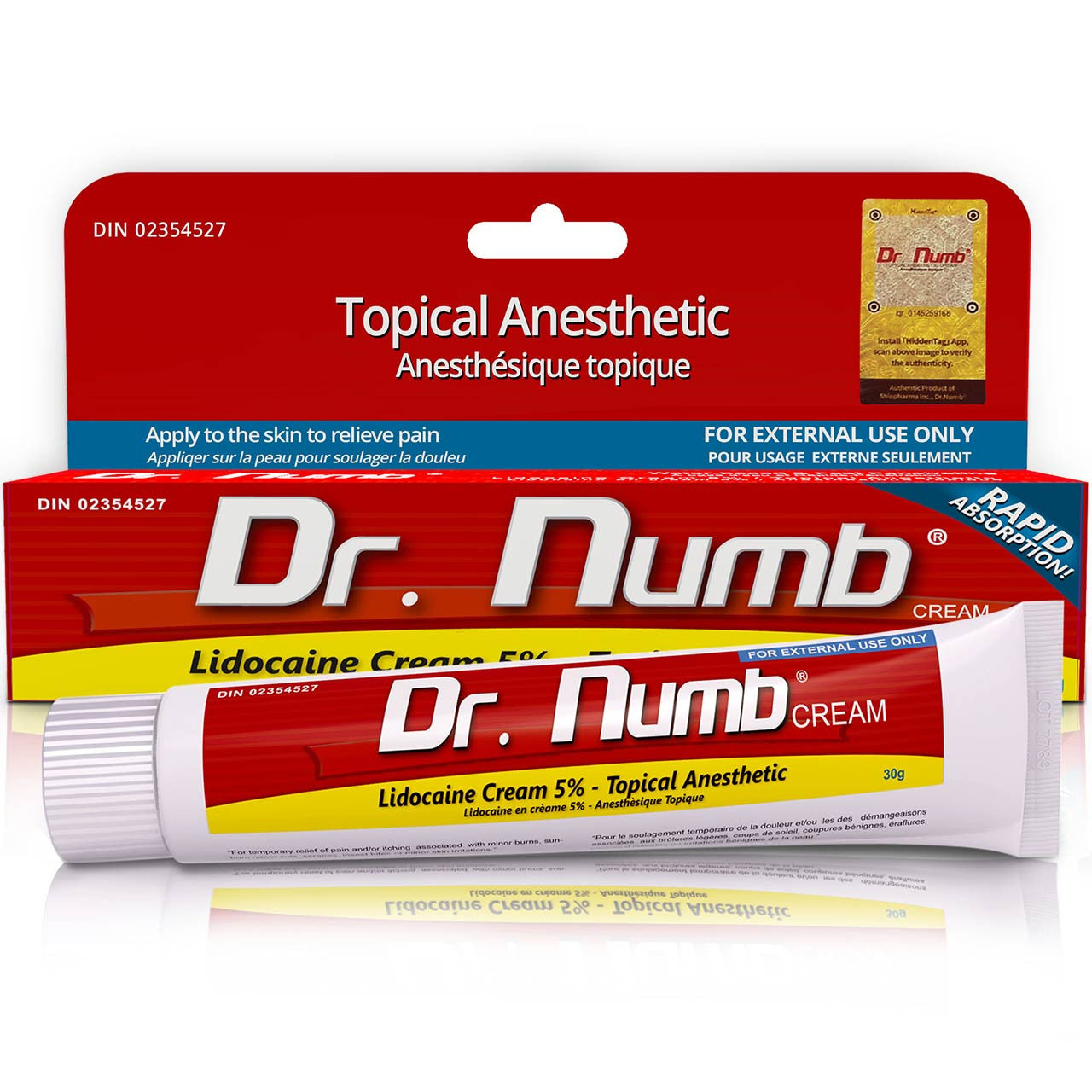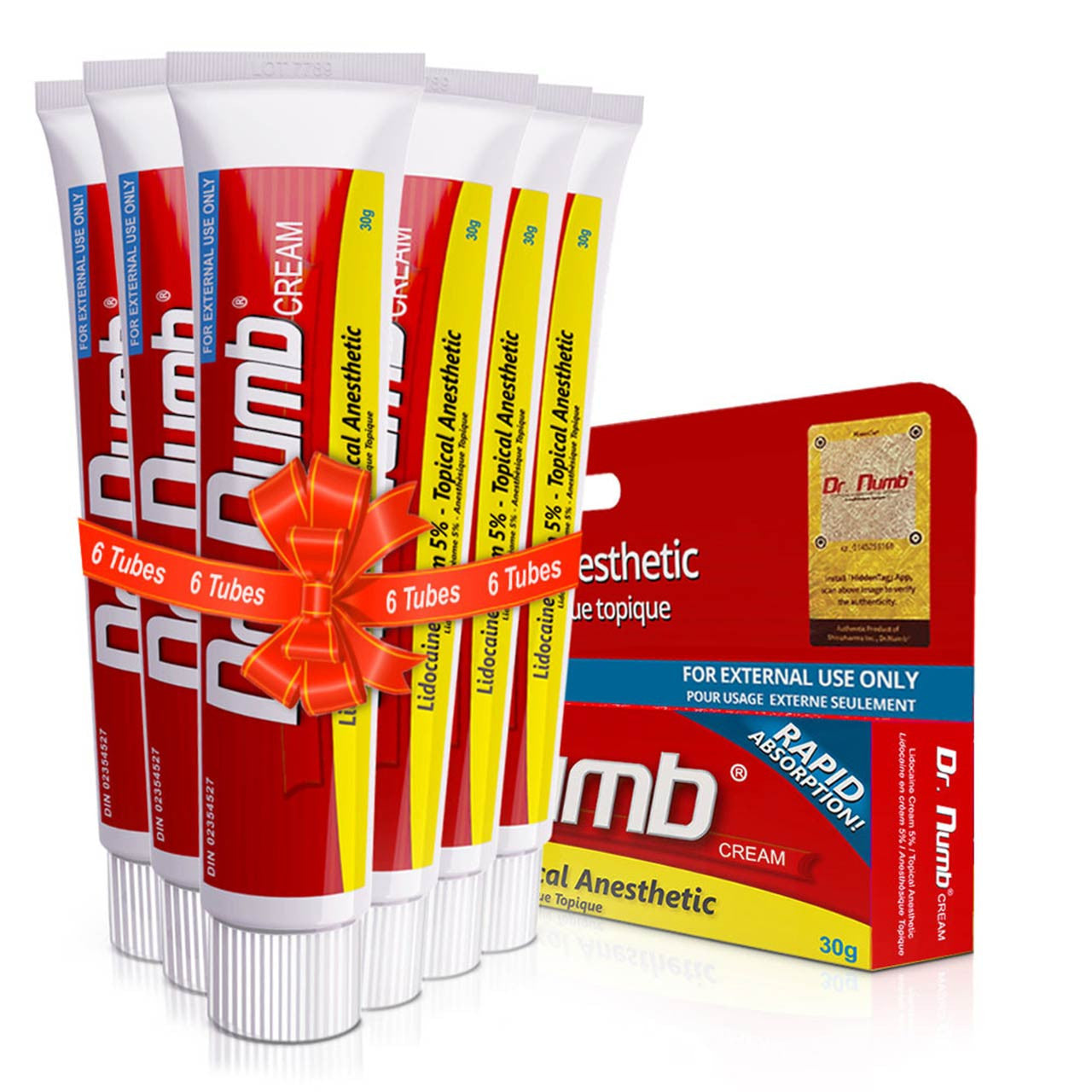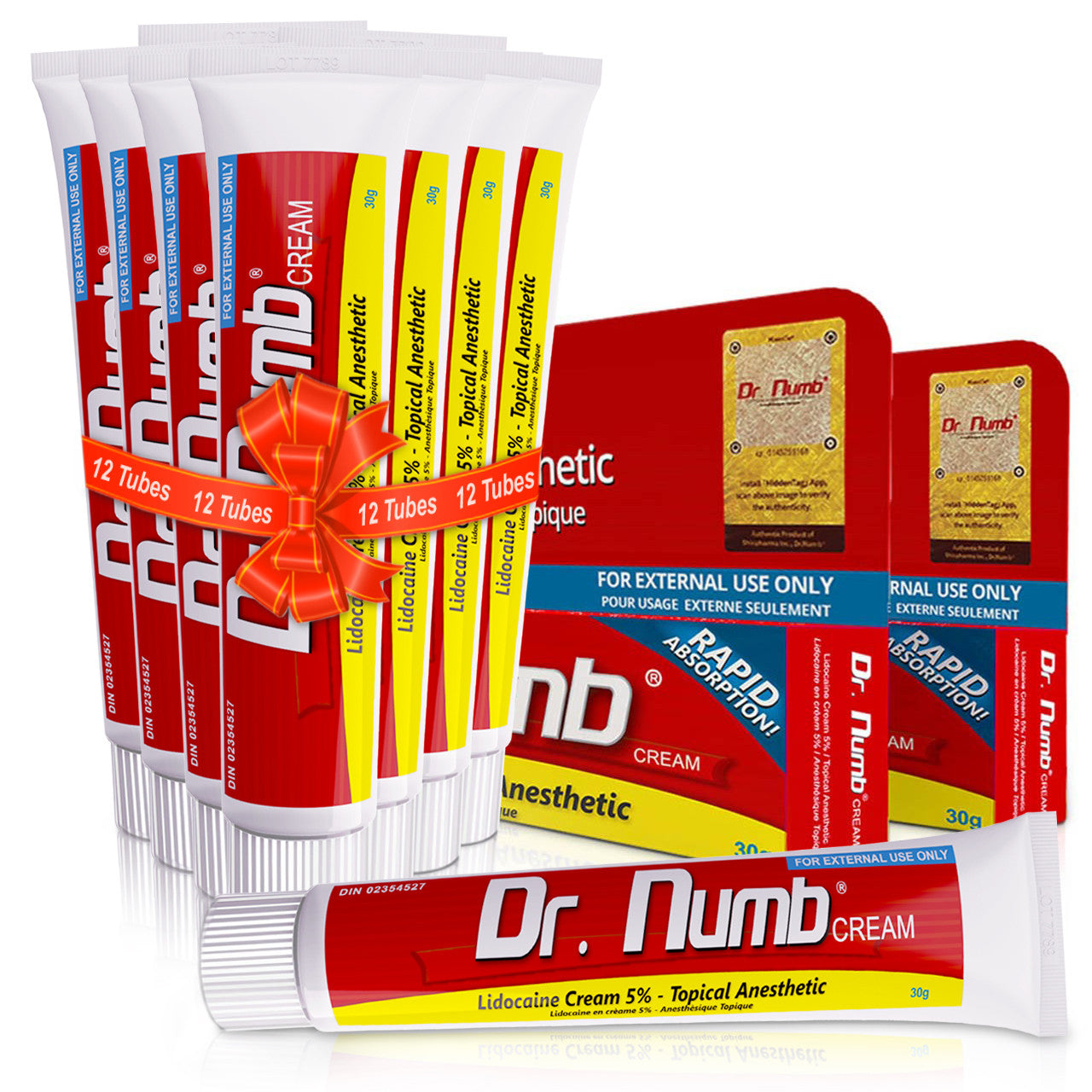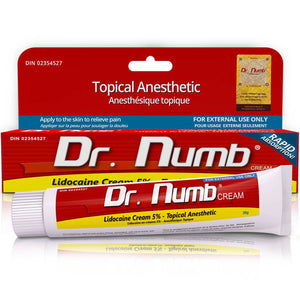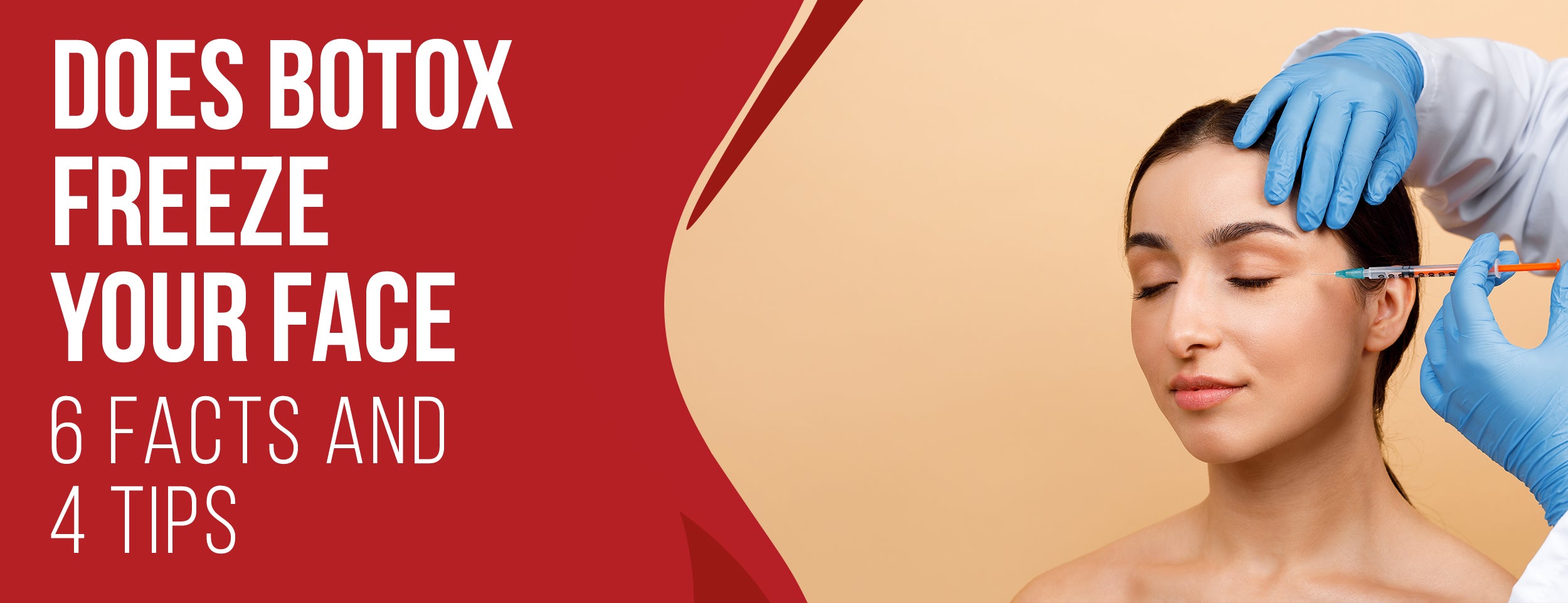The botulinum toxin used in Botox typically provides results that last between 3-4 months, but this can vary. Various factors can determine how long Botox's effects last, including the patient's muscle structure, the amount of toxin used, and their metabolism.
Even though Botox is produced from a toxin that causes botulism, it is safe when given in small doses and is highly effective in warding off the signs of age.
First-time users notice that Botox may not last as long initially, but with subsequent treatments, the duration of the effects may increase. This blog post will explore how long Botox lasts and what factors can impact its longevity.
How Long Does Botox Last: 4 Factors

A person's metabolism rate predominantly influences the duration of Botox's effects. Athletes or people in excellent physical condition may experience a shorter-lasting effect since their bodies metabolize Botox faster than those with slower metabolisms.
Typical Duration
The typical duration of the effects of Botox injections ranges from 3 to 4 months. During this period, you can expect to enjoy the benefits of a smoother, more youthful appearance as Botox temporarily relaxes your facial muscles.
Variations In Duration
- 2-Month Range: In some cases, the effects of Botox may begin to fade as early as 2 months after the injection. It depends on factors such as metabolism, treated area, and dosage administered.
- 4-6 Month Range: Some may experience a lasting effect of Botox that lasts four to six months. Several factors contribute to this prolonged duration, including higher doses, meticulous injection techniques, and personal variations.
Stages of Effects

The effects of Botox evolve. Initially, it takes two to four days for the muscle-weakening to commence, resulting in reduced movement. The peak outcomes of the treatment become apparent between ten to fourteen days post-injection.
These maximum benefits may continue to improve for up to three months following the procedure. This gradual progression underscores the dynamic nature of Botox's impact on muscle function and aesthetics.
Patient’s Conditions

- Age: The natural aging process can impact the duration of Botox results, as younger patients may experience longer-lasting effects due to their skin's elasticity and ability to hold the treatment.
- Gender: Biological differences between genders can influence how Botox interacts with the body. Factors like muscle mass and skin composition may contribute to treatment duration variations.
- Skin Quality: The overall condition of the skin plays a pivotal role. Well-hydrated and well-maintained skin retains Botox effects more effectively than skin with underlying issues.
- Metabolism: Metabolism plays a pivotal role in Botox's duration. People with a high metabolism, typically athletes or those in excellent physical shape, may notice a shorter-lived effect as their bodies metabolize Botox faster. In contrast, patients with a slower metabolism may enjoy extended results due to a more gradual breakdown of the neurotoxin.

- Lifestyle: The choices one makes in terms of diet, exercise, smoking, alcohol consumption, and exposure to environmental factors can impact the longevity of Botox results. A healthier lifestyle may contribute to prolonged effects.
Considering these multifaceted patient-related factors provides a comprehensive understanding of why the duration of Botox treatment can vary among individuals.
Influence Injection

When considering the longevity of Botox effects, several key injection-related factors play a pivotal role. These factors collectively influence the duration of Botox's effectiveness and should be carefully considered by individuals seeking optimal results:
- Dosage: The amount of Botox administered during a session directly impacts how long the effects will last. Proper dosage tailored to a patient's needs is essential for achieving desired outcomes.
- Injection Site: Different areas of the face have varying muscle characteristics and movement patterns. Consequently, Botox's duration can vary depending on the treated site, with areas of more frequent movement often requiring more frequent touch-ups.
- Injection Depth: The depth at which Botox is injected can influence its diffusion and longevity. Deeper injections lead to a longer-lasting effect compared to shallower ones.
- Injection Technique: The skill and precision with which the injections are performed can significantly affect the outcome. A well-executed technique by a trained professional can extend the duration of Botox's effects.
- Frequency of Injections: Regularity in Botox treatments can impact its duration. As your healthcare provider recommends, consistent follow-ups can help maintain the desired results over an extended period.

Conclusion:
In conclusion, the lasting effect of Botox injections depends on various factors, such as the amount of Botox injected, the intensity of the condition being treated, the person's response to the treatment, and other environmental and lifestyle factors. While most Botox treatments last 3 to 6 months, some treatments, such as excessive sweating, may last up to a year.
The best way to determine how long Botox will last is to consult with a licensed and experienced professional who will evaluate your individual needs and tailor a treatment plan accordingly.



